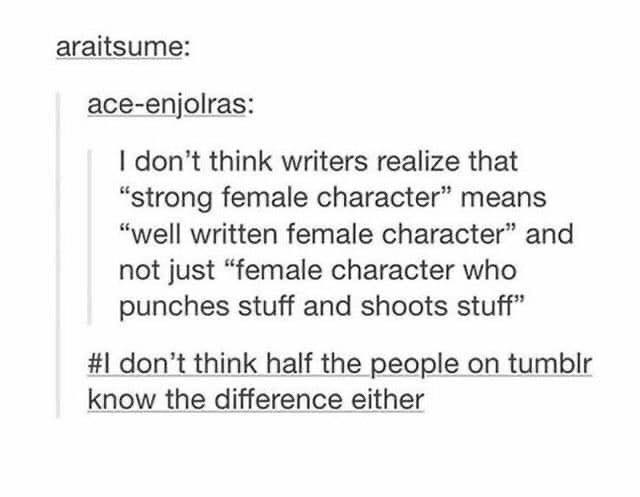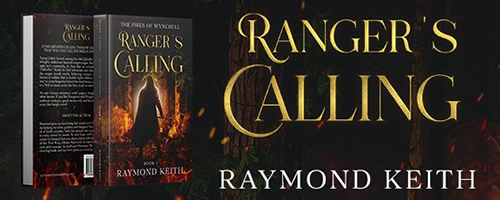56. Which Biblical Qualities Empower Strong Female Characters? | with Elisabeth Wheatley
Podcast: Play in new window | Download (Duration: 58:04 — 54.5MB) | Embed
Once upon a time, female characters were given shallow roles. Nowadays, the pendulum has swung the other way to create the Strong Female Character. You’ve probably seen her in movies: punching, shooting, slashing, commanding. But as we’ll explore with our guest, there are many more possibilities than raw strength or battle toughness. We’ll look at:
- How did the Strong Female Character become prevalent in fiction?
- What are the variations of this archetype?
- How might this character type be evolving?
Our guest today is Christian author Elisabeth Wheatley. She’s published the five novel series Fanged, the seven book Argetallam Saga, the nine book series Warlords of the Sandsea, and the upcoming new story Daindreth’s Assassin…twenty-two books in all. She also produces the Broken Enchantments podcast, an audio story about overcoming generations of evil.
We discuss this meme:

“I don’t think writers realize that ‘strong female character’ means ‘well written female character’ and not just ‘female character who punches stuff and shoots stuff.”
“I don’t think half the people on tumble know the difference either.”
Variations on the Strong Female Character type:
- Impossible Warrior
- Warrior Princess
- Girlboss
- Tortured Goddess
- Gentle Guardian
Which category or example appeals to you?
Fantastic fans
Andrew wrote to us:
“Thanks for providing such great content. I’ve really been enjoying your podcast and what you’ve had to say.”
Meanwhile, “Be strengthened by the Lord and by his vast strength” (Ephesians 6:10). “For God has not given us a spirit of fear, but one of power, love, and sound judgment” (2 Timothy 1:7). And remember, Jesus says, “‘My grace is sufficient for you, for my power is perfected in weakness.’ Therefore, I will most gladly boast all the more about my weaknesses, so that Christ’s power may reside in me” (2 Corinthians 12:9).


































Great episode! I’ve recently been reading K. M. Weiland’s most recent (and ongoing) series Archetypical Character Arcs. (http://www.helpingwritersbecomeauthors.com)
In it she has been gathering together her own experience from over a decade of informative blog posts, and through the execution in her own writing. It has been wildly informative for me, who beforehand had only some experience and interaction with variant Hero Cycles, such as the Heroine’s Cycle, or the Virgins Promise.
In this series, she has been delving deep into the six life arcs, how they play into one another, and against one another.
This pertains to the current podcast episode in a caveat made in each article: “The arcs are alternatively characterized as feminine and masculine….the protagonist of these stories can be of any gender.”
K.M. Weiland masterfully gives examples of both genders in each arc, providing a archetypical means for writers to use. And it has been a huge help in my own plotting, as I take into consideration my female points-of-view. Do they fit into a generic Hero’s Cycle and continue to further a trope unintentionally? Would they be better suited pursuing the goals of one of the other arcs? This thought experiment alone has, in its structure, provided a freedom I did not have before—trying to aimlessly wander through my plot—with female characters at first existing for the sake of variety, rather than fulfilling their own plots and arcs, and gaining a solid foothold in their own fictional reality.
I highly recommend checking out her blog (also found in podcast form.) Why it took so long for me to discover her is a mystery, but I’m glad I did. And I dont doubt it’ll help other fellow believers to write well-rounded characters in our own work.